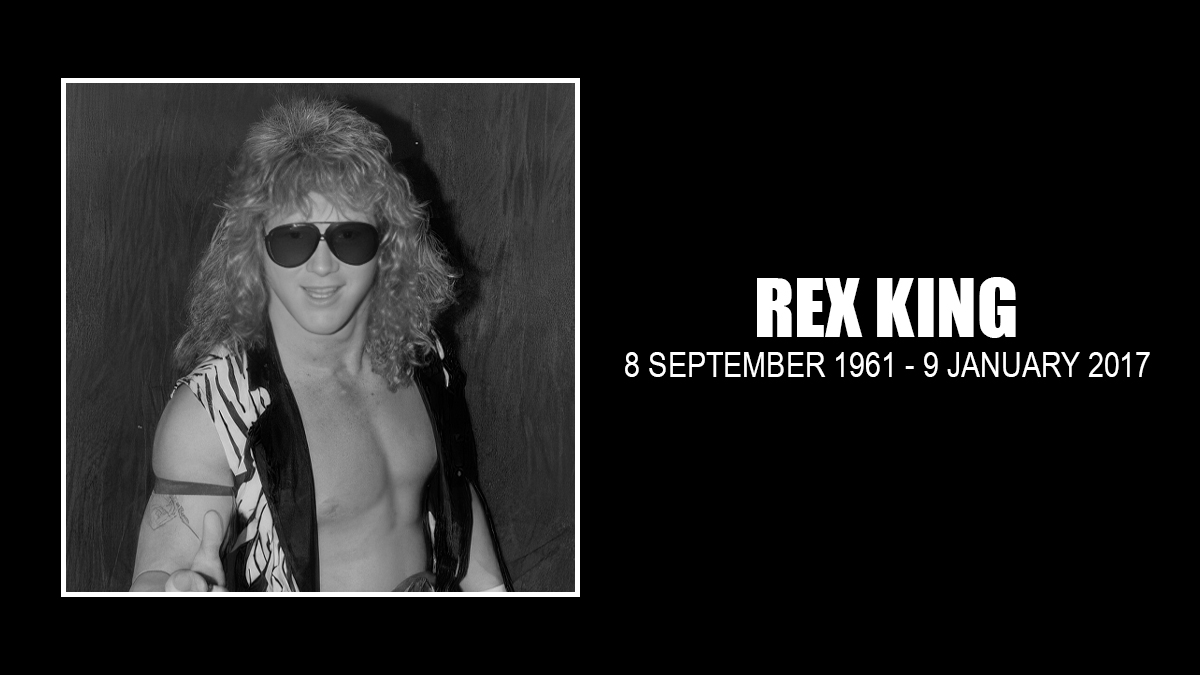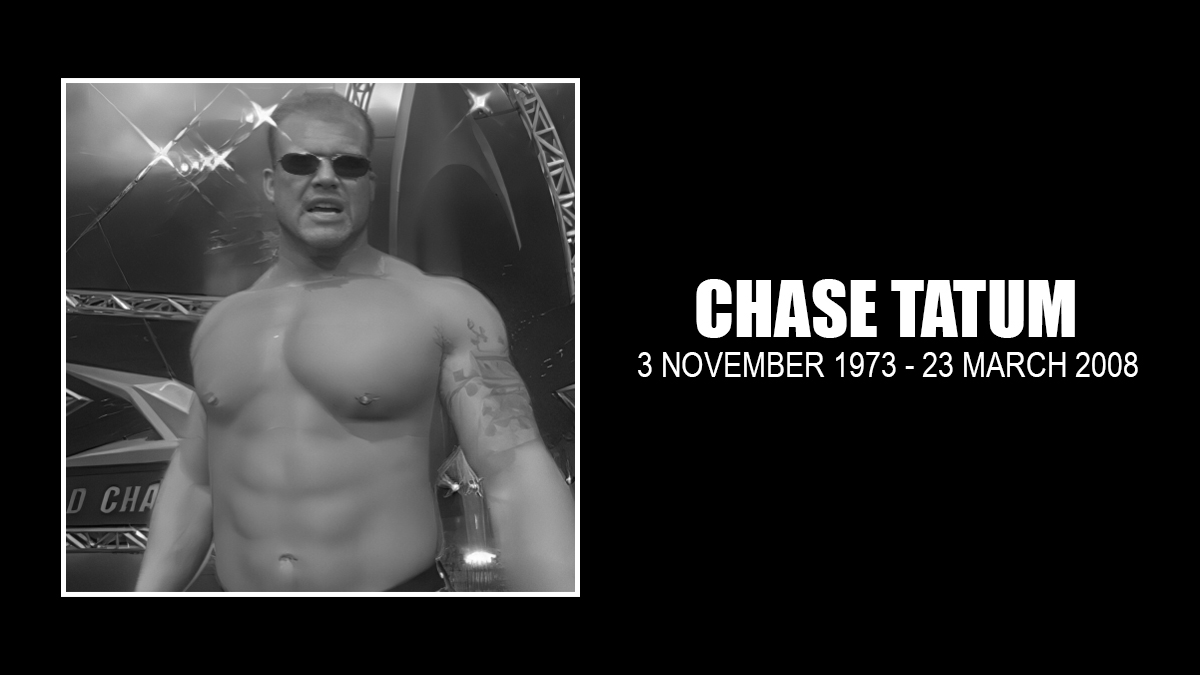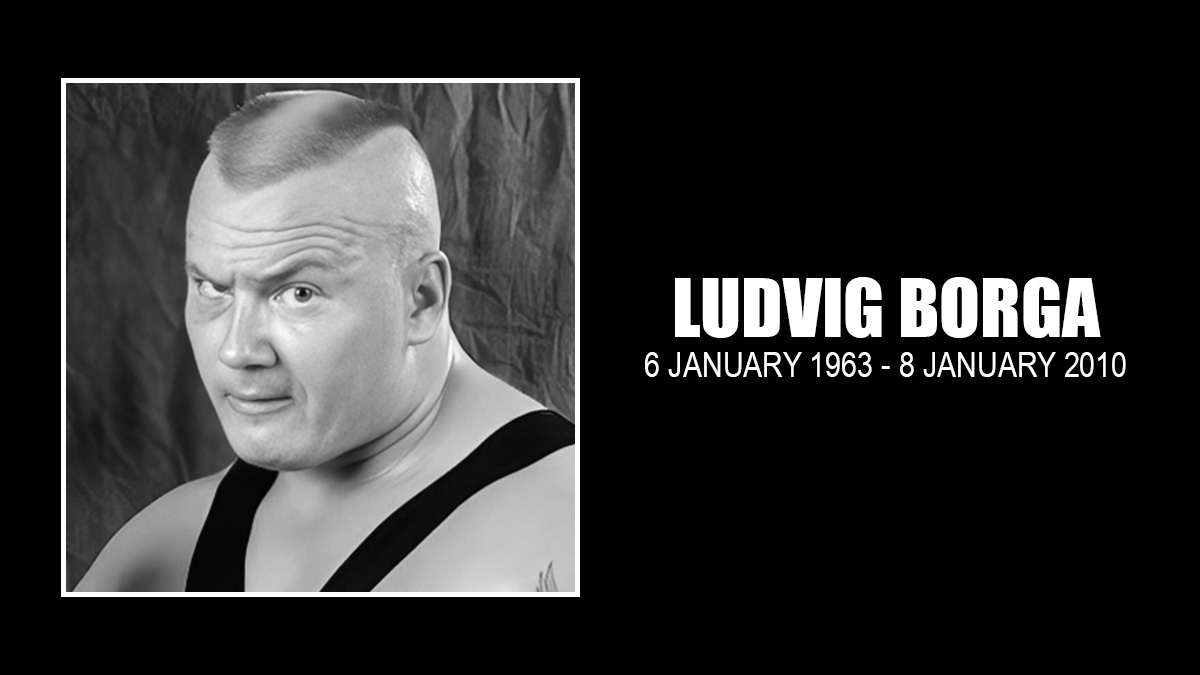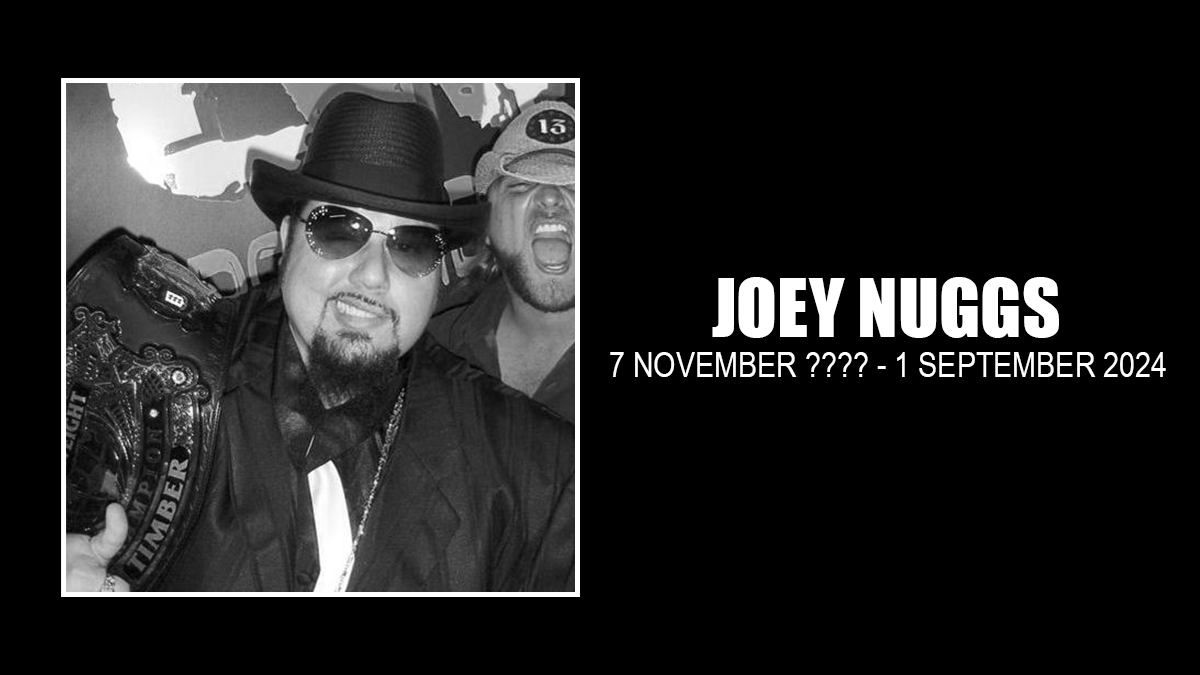Back in 2012, the news circulated that Rex King, from the Southern Rockers tag team in WCW and Well Dunn in WWE, had died. It was untrue, and he did a lengthy interview with SLAM! Wrestling detailing all his health challenges. All those issues caught up to King, who died January 9 age the age of 55, his mother by his side.
His mother, Shirley Fellows, has started a GoFundMe campaign to help with the funeral costs for her son, whose real name is Timothy Smith.
The site said that Smith had died “from complications from his WWF/WCW 22 year career” and that he had “been incapacitated for last several years.”
Timothy Alan Smith was born September 8, 1961, in Geneva, NY, and the family moved to Florida. As a youngster, Smith went to the wrestling matches near Sarasota, usually with his parents. “My whole life. I always said, ‘That’s what I want to do.’ I finally made it happen,” Smith said in 2012. I found somebody up there, it happened to be the Malenkos who trained me. I was trained by Dean mostly. I learned a lot of wrestling … in my book, there’s no better as far as somebody that can actually wrestle hold for hold. I trained for a year and half or so.”
Smith broke into the business in the mid-1980s, training with the Malenkos in Florida, and working locally. Dean Malenko was his primary trainer, and other names there at the time included Jimmy Backlund and Mark Starr. Bob Cook was a Malenko graduate, and helped a young Smith out. “I knew him really well in the beginning of his career. I helped train him a lot,” said Cook. “He was a young guy, like everybody else, with a dream, hoping he could become a big star.”
Cook borrowed a ring from Tony Marino and set it up so up-and-coming Florida workers, like Smith, would have a place to train. “We traveled all over the place together, because he worked for Florida Championship Wrestling, and worked in the same area I did, down here in Venice, Sarasota area. He stayed at my house a few times over the years.”
Smith’s break came teaming with Steve Doll in the Southern Rockers, which became a very hot act in the Pacific Northwest and in Memphis; Smith replaced Scott Peterson in the duo.
In 2012, Smith said that it was Roddy Piper, who was booking the Portland territory, who teamed Smith and Doll after Scott Peterson opted out of the gimmick. “I sang in a band long before I got in the wrestling business,” explained Smith. “Then Piper came up with that angle where I sang a song, and then Grappler and them guys came and jumped me on the stage. That’s what started the whole thing out. They made me a Rocker the week after that. But it was cool, and I really had a good time up there.”
Out of the 16 years that he was a professional wrestler, 10 of those were while teaming with Doll, who died in 2009. “We got on real good. The secret to a tag team is not to be with each other all the time. You can’t live with somebody 24/7; just like a wife, it’s hard to do. You’ve got to have your space,” Smith said. “Me and Steve got along well because we weren’t together constantly. He had his things and I had my things. He associated with his people, and I did mine. When it come down to it, we had each other’s backs pretty good. Then when I heard he passed, it just blew my mind away, man. I talked to his wife, and his wife said he died on the operating table. I said, ‘Unbelievable.'”
Dunn and Smith went to the WWF for a run as the team Well Dunn.
The WWF run was not as successful as it could have been. “We missed a year of our contract because of my injury, and then Steve blew his knee out and then had to have surgery. Then when we went back to work, or was trying to go back to work, at the time J.J. [Dillon] was in the office and he said, ‘I’ve got some good news and I’ve got some bad news.’ I said, ‘Well, let me have it.’ He said, ‘Well, the good news is we got you a job at Smoky Mountain Wrestling. The bad news is we can’t use you here anymore,'” recalled Smith in 2012. The duo sought out a lawyer, and next thing they knew, they were back on the main WWF roster.
“They let us come back to work and finish off our contract, and that was it. It was an awful way to let us go. We were in the changing room and Bruce Prichard come found us and said that, ‘Vince wants to have a word with you.’ We went in there to talk to Vince. We were sitting at a table and Vince said, ‘It’s time for your contract to be renewed, and I wanted to talk to you guys and see how you felt about it.’ We said we’d love to stay on and work. ‘We don’t think we’ve gotten the chance to show you what we can really do.’ He said, ‘Alright then, that sounds good to me.’ It was right before WrestleMania, so we all went home for the break before WrestleMania. That following Monday — this was on a Thursday — and the following Monday I got a letter, FedEx, in the mail, saying, ‘We no longer need your services.’ I kind of felt like he dicked us. I don’t even know why a man with his power and whatever even had to lie to us. He could have been straight-up with us and said, ‘Hey, we can’t use you guys no more.'”
They did end up working in the Jim Cornette-run Smoky Mountain Wrestling promotion, wrestling with the Thrill Seekers (Chris Jericho and Lance Storm) until Jericho broke his arm, and then competing with the legendary Rock’n’ Roll Express (Ricky Morton and Robert Gibson).
Up next was Puerto Rico, and Smith stayed for three straight years, beginning in 1990. “It was just a place to work, in that I could stay in the ring and keep working and keep putting some weight on and size, because you could easily get the juice there. You could do what you needed to do. You could train. The trips were easy. You were home every night,” said Smith. “I actually loved the weather; it was beautiful. Just to be living down there was so nice. Their TV was strong. It was like, if you got over down there, you got over. They knew you. You couldn’t walk down the street without somebody coming up to you wanting an autograph, or signing, or take a picture, or this or that. In fact, I remember when Dick Murdoch was alive, he was the booker. I was on the way to the gym and he was on his way to get breakfast. I got stopped three times in a block. He was following me, he was a heel, so he stayed back. He said, ‘Goddang, Rex, what are you doing? Running for mayor?’ (laughs) I said, ‘Hell, I can’t help it.’ Yeah, it was a lot of fun down there. I enjoyed it, I enjoyed the women down there, it was nice. I enjoyed myself down there.”
Two of his buddies down in Puerto Rico were up-and-coming Canadian boys Sean Morley (later Val Venis) and Shane Sewell, and for a time they shared an apartment.
“He ended up helping us adjust to living down here, really helped us out,” said Sewell. “Puerto Rico was a different place. Sean and I didn’t know anything about being down here, being able to adjust in the streets, the do’s, the dont’s, where to live, where not to live, the people to talk to, the people not to talk to. I guess just the adjusting into a different place. He really, really helped us out a lot.”
“I did what I could for them,” Smith said of Sewell and Morley. “I took them under me, man, because they were like my baby brothers. They were such likeable guys that you couldn’t not help them.” In the ring, the three teamed too, like a Fabulous Freebirds gimmick, where any of the partners could wrestle.
In 2012, Sewell reflected on the spot that Smith and Dunn had been in, and how it affected his friend. “The thing was, him and his partner, Steven Dunn, got a little taste of the WWE lifestyle, that they’d hit the big time. I think that Rex thought that was going to last forever. I think this happens to a lot of guys, they get a little taste of that lifestyle, the money, the prestige that goes with it,” said Sewell. “When you’re gone from that, and you’re back working a little territory, going from wrestling in front of 20,000 people to 20 people. It definitely screws with your head a little bit, and then you find out who your real friends are, because all those people that were surrounding you when you were a big superstar have now all disappeared, and all you’re left with are the people that are around you at that moment, like where you end up. I think that really got to Rex. He was a star. He was a character. He was a great athlete. He had a great temper, which was great for wrestling. I remember he would get so mad, because he would get the people so heated up in the buildings down here in Puerto Rico. We couldn’t understand why he would get so mad, because it was his, he would work the people so much to get them so riled up and mad at him and then he would turn around and get mad at them for getting so mad at him. I could never understand it. He had such great heat with the people. The people, when he was a heel, they hated him. But when he was a babyface, they loved him.”
Another legacy from his days back in Florida, Johnny Ace, was Smith’s link to working in Japan for Giant Baba’s All-Japan promotion. “John said, ‘Do you want to come to Japan, Rex?’ I said, ‘Yeah.’ He said, ‘I don’t know how Steve will make it over there but I know you’ll do good.’ I said, ‘Okay.’ We both went, and we got two or three tours over there. Baba liked us pretty good, I guess. Then they got rid of Steve and told me to come back with another partner, so I come back with Sean Morley. Me and Sean did well over there. They called us Strike Force, that’s the name they gave us over there. We did good there.”
The end of his wrestling career came when Smith was working with Mustafa Saed, ex of ECW’s Gangstas, in Puerto Rico. “He broke my neck. He went to powerslam me and he jammed my head straight down into the mat,” King recalled. “He just miscalculated everything, I guess.”
Hospitalized in Puerto Rico, his return home was delayed by circumstances far beyond his control. “I actually had to get a hold of the wrestling commissioner to get my medical taken care of. Then 9/11 hit, and I couldn’t do anything for two weeks. They had the island shut down,” he said, adding that he was never even paid for the show by the World Wrestling Council promotion.
When he healed, Smith started driving a truck, a profession which ran in the family — his father and uncle both drove, and his cousin owns a trucking fleet.
“I had to do something,” Smith said, explaining the allure of the road in 2012. “The traveling gets in your blood, and it’s hard to be in just one place. I didn’t have custody of my son at the time, so I just went on to work driving trucks. Now my son’s living with me, and he’s 21. I can’t believe how much the years have passed. He’s grown up and getting ready to go be an X-Ray technician, which I’m happy about. I didn’t want him to be in the wrestling business. It’s such a cutthroat business.”
Smith faced many other health challenges post-wrestling, including another broken neck after falling through a porch. He lived in Kentucky for many years.
Details of the funeral are unknown at this time. He is survived by one son, Travis.




